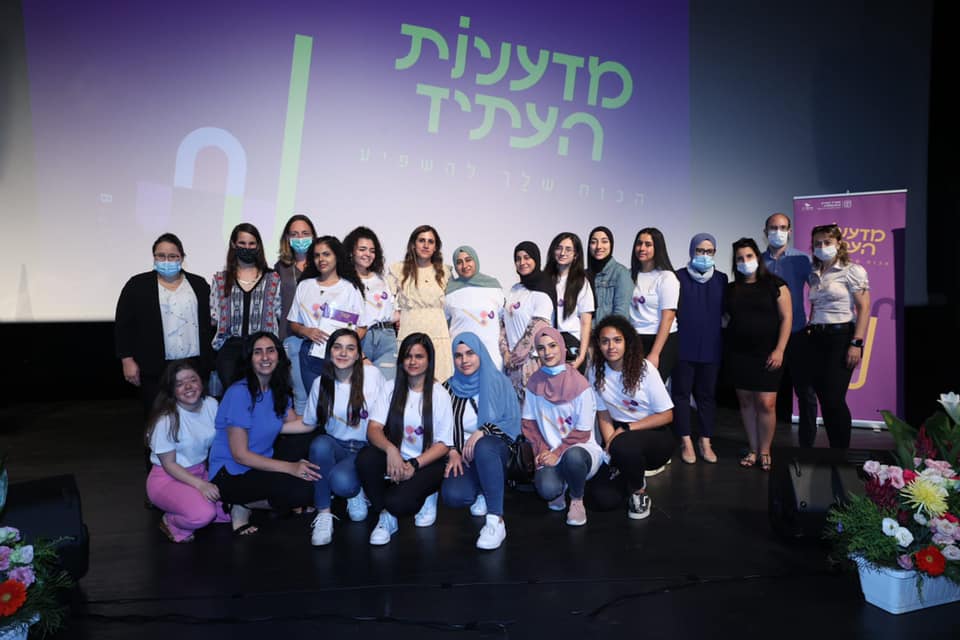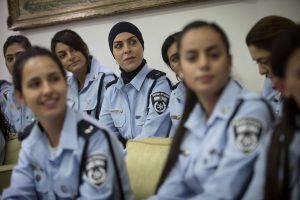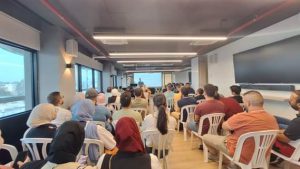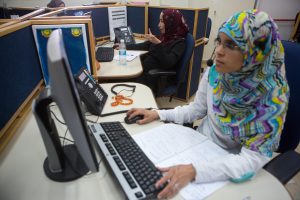Reduced Inequalities


Home » Reduced Inequalities » SDG 10- Arab Community Empowerment: from Discourse to Action – Part 1
SDG 10- Arab Community Empowerment: from Discourse to Action – Part 1
Read Part 2
As Israel finally moves toward adopting its first budget since 2019, focus is naturally increasing on bolstering societal weaknesses. Our previous posts on the country’s robust equality discourse have illustrated just how vital empowering the Arab community’s economy is among these.
In this context, much has been said recently about an anticipated new plan building on the progress of Government Resolution 922 from late 2015. Until the new budget indicates the precise direction that will take, we found the most significant news to date on this score in a recent announcement, by the Science and Technology Minister of a five-year, half-billion shekel investment to promote high-tech and science in the Arab community. Currently only about 2% of high-tech employees – and 5%-10% of students pursuing advanced degrees in relevant fields – come from that part of Israeli society.
Welcoming the program, reached together with head of the Knesset (parliament) Special Committee on Arab Society Affairs (and leader of the United Arab List), the Minister said: “The integration of Arab society in more economic fields, and the field of innovation in particular, is a national interest: the high-tech world is thirsty for workers, and the Arab community can and must be part of these industries in a meaningful way.” She added: “The time has come to harness the success of Israeli high tech as a social lever and create long-term plans that will bring about change.”


Meanwhile in the private sector, Intel just announced that it was appointing, for the first time, a vice president from the Arab community.
These new developments fill the vibrant discourse in Hebrew and Arabic that we’ve already referred to. Just last week the city of Nazareth hosted an annual Arab economy conference (jointly sponsored by The Marker of “Haaretz” and Bank Leumi) boasting impressive Arab and Jewish participation from government, the private sector and civil society.
Pertinent issues raised during the gathering included: the importance of corporate social responsibility especially on the part of Israeli firms (as opposed to Israel-based multi-nationals); the lack awareness regarding opportunities made available by the Israel Innovation Authority; high school graduates not integrating into society after their studies (neither via academia, the job market nor national-civilian service); and the lack of interaction with the financial system, particularly for housing and business purposes.
One particularly salient motif of the event focused on the emergence of a younger generation of Arab individualists in Israel pushing to integrate into the high-level end of the job market – as well as the challenges remaining in their way to achieve their goals. In an encouraging message in this context, the chairman of Bank Leumi – himself from the Arab community – said “I have never seen a glass ceiling” and appealed to his community’s younger generation: “Don’t be deterred by thoughts of an imaginary glass ceiling. You need to stick to your goals, to believe in yourselves and your surroundings.”
Conference discussions also addressed the impact of violence in Arab communities, both on economic growth and otherwise. In this context, during the past week Israel’s Prime Minister emphasized that “violence in the Arab community is a national calamity that has been neglected for many years,” adding: “It is the responsibility of the government to fight and deal with the phenomenon and it is a national mission.”
We hope to see progress on this – and other issues addressed at the conference – very soon.
Related articles


SDG 10-Equal Opportunity for Arab Israelis – Part 2
Reduced Inequalities Updated: November 2020 Part one of this series on the status of equality for Israel’s Arab community following the 2015 adoption of a


SDG 10 – Impact Progress for East Jerusalem
Reduced Inequalities It has been a noisy few months in Israel. Not just on the judicial reform issue, mind you – also concerning social impact


SDG 10- Equal Opportunity for Arab Israelis – Part 1
Reduced Inequalities Read Part 2 The Arab community in Israel has undoubtedly been underserved since the establishment of the State. While the challenge now is


















